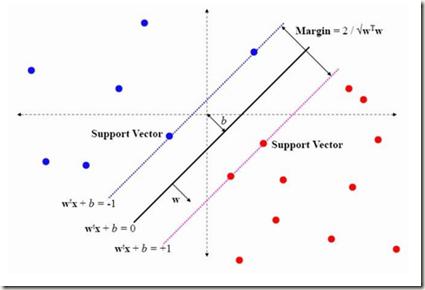The conservation of tropical forests is a topic of significant social and ecological relevance due to their crucial role in the global ecosystem. Unfortunately, deforestation and degradation impact millions of hectares annually, necessitating government or private initiatives for effective forest monitoring. This study introduces a novel framework that employs the Univariate Marginal Distribution Algorithm (UMDA) to select spectral bands from Landsat-8 satellite, optimizing the representation of deforested areas. This selection guides a semantic segmentation architecture, DeepLabv3+, enhancing its performance. Experimental results revealed several band compositions that achieved superior balanced accuracy compared to commonly adopted combinations for deforestation detection, utilizing segment classification via a Support Vector Machine (SVM). Moreover, the optimal band compositions identified by the UMDA-based approach improved the performance of the DeepLabv3+ architecture, surpassing state-of-the-art approaches compared in this study. The observation that a few selected bands outperform the total contradicts the data-driven paradigm prevalent in the deep learning field. Therefore, this suggests an exception to the conventional wisdom that 'more is always better'.
翻译:暂无翻译



